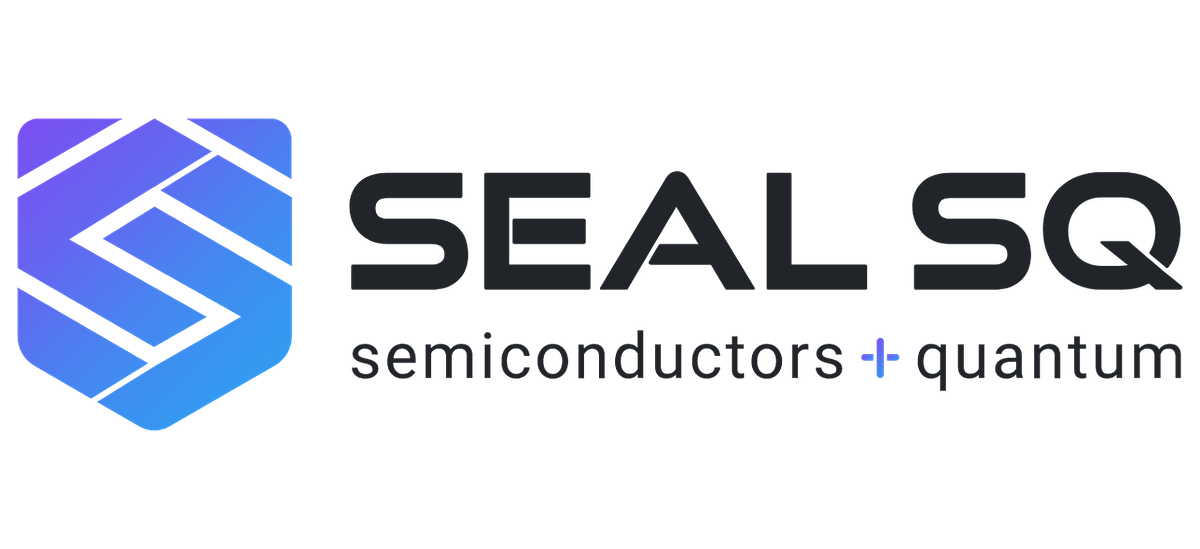
Quantum Leap for Auto Security: Small Firm Bets Big on Protecting Connected Cars
As the threat of quantum computing looms, a little-known tech firm is partnering to build a future-proof security shield for connected and autonomous vehicles, blending cybersecurity with critical safety standards.
Quantum Leap for Auto Security: Small Firm Bets Big on Protecting Connected Cars
By Carol Moore
The automotive industry is revving up for a future defined by connected and autonomous vehicles. But as cars become increasingly reliant on software and data, they also become more vulnerable to cyberattacks. Now, a relatively unknown technology firm, SEALSQ, is taking a bold bet on securing that future, partnering with automotive safety specialist IC’Alps to build a defense against a threat many see as years away: quantum computing.
While today’s encryption methods protect vehicles from conventional hacking, the advent of quantum computers promises to render those defenses obsolete. SEALSQ is focused on developing “post-quantum cryptography” (PQC), algorithms designed to withstand attacks from these powerful future machines. The partnership with IC’Alps is a strategic move to integrate this advanced cybersecurity with the rigorous safety standards demanded by the automotive industry.
“The threat is evolving,” explains a cybersecurity specialist familiar with the industry. “While a quantum attack isn’t imminent, the automotive lifecycle is long. Cars on the road today will still be operating a decade from now. Proactive investment in PQC is no longer optional – it's essential.”
Blending Cybersecurity and Safety-Critical Systems
SEALSQ isn't simply focusing on code. The company's approach centers around hardware-based security solutions, integrating PQC algorithms directly into the vehicle’s electronic control units (ECUs). This layered approach aims to create a more robust defense than software-only solutions.
“Software can be updated, but it’s also more vulnerable to remote attacks,” says an automotive engineer familiar with the IC’Alps’ work. “Hardware-based security adds a critical layer of protection, making it significantly more difficult for attackers to compromise the system.”
IC’Alps brings to the table decades of experience in designing safety-critical systems for the automotive industry. Certified to the highest standards, including IATF 16949 and ISO 26262, the company specializes in ensuring the reliability and safety of vehicle components.
“There’s a significant overlap between cybersecurity and functional safety,” explains an industry analyst. “Both require a meticulous approach to system design and a commitment to preventing failures. This partnership allows SEALSQ to leverage IC’Alps’ expertise in building robust and reliable systems.”
The Quantum Threat: A Looming Reality
The threat from quantum computers isn’t science fiction. Researchers are making steady progress in building machines capable of breaking today's encryption algorithms. While a fully functional, cryptographically relevant quantum computer is still years away, the automotive industry is facing a long product lifecycle. Vehicles on the road today could remain in service for 10-15 years, making them vulnerable to future attacks.
“The timeframe is crucial,” says a cybersecurity expert. “By the time a quantum computer can break current encryption, attackers could be stockpiling data to decrypt later. Investing in PQC now is about future-proofing the industry.”
A Small Firm’s Bold Bet
SEALSQ is a relatively small player in a market dominated by industry giants like Infineon, NXP, and Thales. However, the company’s focus on integrated hardware and software solutions, combined with IC’Alps’ expertise in automotive safety, could give it a competitive edge.
“SEALSQ is taking a calculated risk,” says an industry analyst. “They’re focusing on a niche market and building a strong foundation for future growth. Their partnership with IC’Alps is a smart move, allowing them to leverage existing expertise and accelerate their time to market.”
According to company filings, SEALSQ has been aggressively investing in research and development, with a particular focus on post-quantum cryptography and semiconductor design. They also hold several patents related to these technologies, indicating a commitment to innovation.
“The company is taking the threat seriously,” says a source close to SEALSQ. “They understand that proactive investment in PQC is essential for securing the future of the automotive industry.”
Challenges and Opportunities
While the partnership between SEALSQ and IC’Alps is promising, several challenges remain. The adoption of PQC standards is still in its early stages, and there is a lack of widespread industry consensus. The cost of implementing PQC solutions could also be a barrier for some automakers.
“There’s a lot of work to be done to standardize PQC algorithms and ensure interoperability,” says an automotive engineer. “But the benefits of securing connected and autonomous vehicles far outweigh the costs.”
Despite these challenges, the opportunities are significant. As the automotive industry transitions towards a more connected and autonomous future, the demand for robust cybersecurity solutions will only continue to grow. SEALSQ and IC’Alps are positioning themselves to be at the forefront of this revolution, building a future where connected cars are not only intelligent but also secure.
“This partnership is a testament to the importance of collaboration in the face of evolving threats,” says an industry analyst. “By combining expertise and resources, SEALSQ and IC’Alps are paving the way for a more secure and resilient automotive future.”
